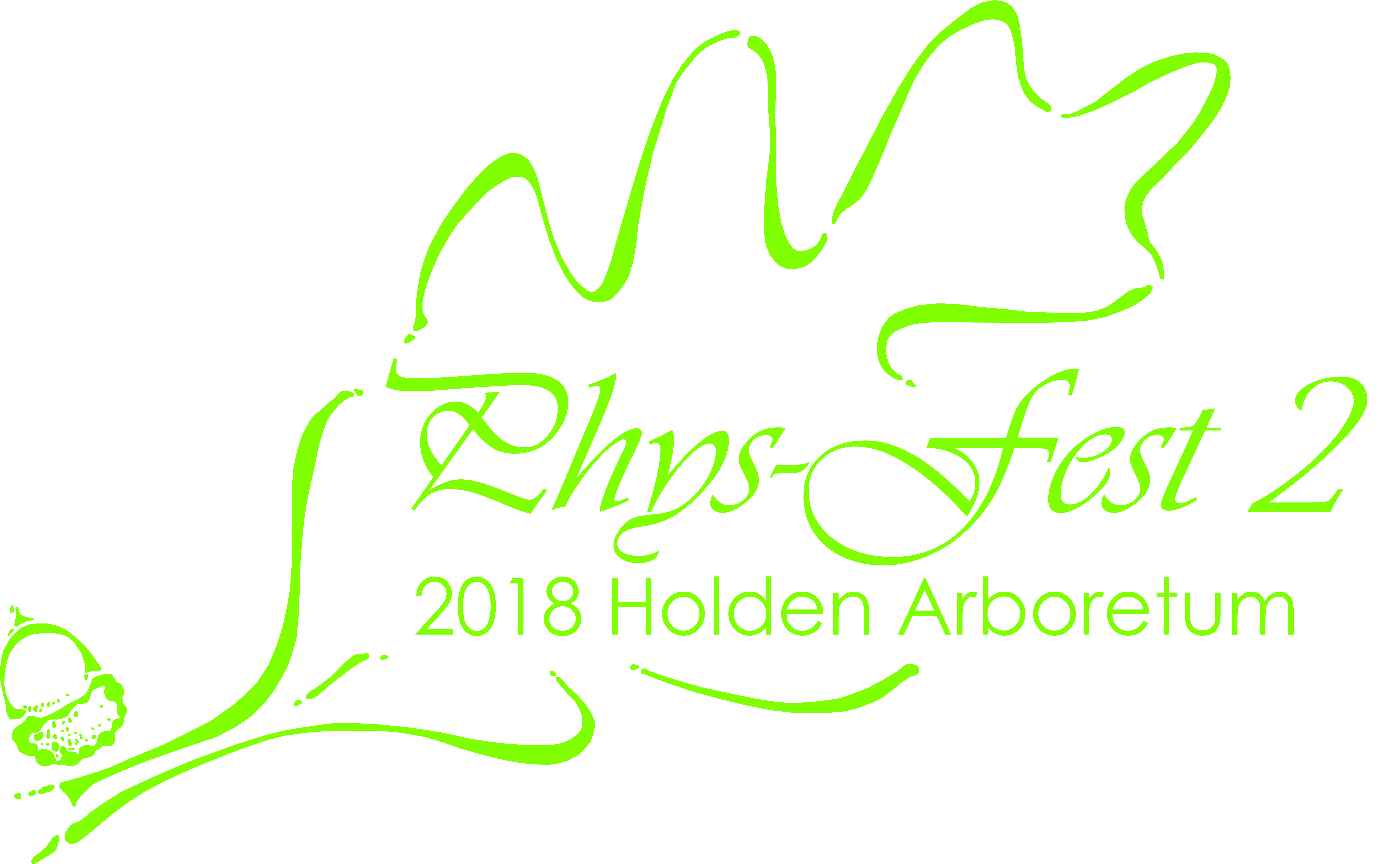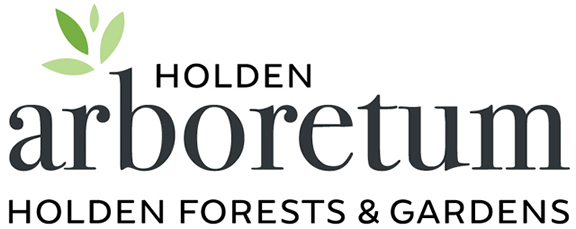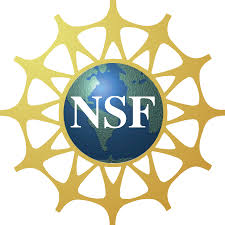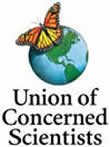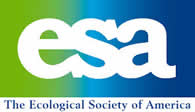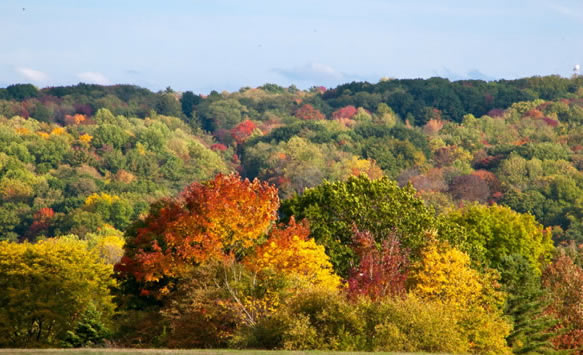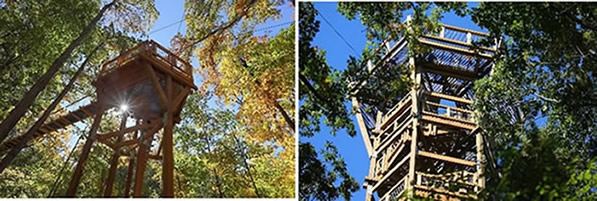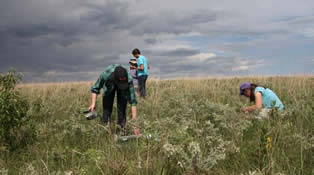Participants will arrive in Cleveland on Sunday, July 15, 2018. The first evening will include group icebreaker activities and an overview of the workshop. Daytime activities during Mon-Weds will have measurement demonstrations and data collection (Goal 1), and evening activities will include Science Communication Training (Goal 2). On Wednesday afternoon, workshop participants will engage with the public audience at Holden to teach ecophysiology concepts and purpose (Goal 3). The workshop concludes midday on Thursday, July 19.
To accomplish Goal 1:
Students will works as teams in coordinated ecophysiological sampling campaigns to collect in-canopy physiological data for four broad data types:
- hydraulics
- gas exchange
- chlorophyll fluorescence
- hyperspectral and thermal imaging
Vertical gradients within the tree canopies will be instrumented prior to the meeting using METER environmental sensors (NDVI, PRI, leaf wetness, and canopy temperature). Ecophys data collected will be used for broader inference such as monitoring the response of forest tree canopies to diurnal variations, including heat and irradiance stress, and to demonstrate how canopy microclimate observations can advance fundamental ecophysiological understanding of canopy processes.
To accomplish Goal 2:
Science Communication: We will provide short workshops on engaging public audiences via training in scientific outreach, professional social media, and writing for public audiences. The social media workshop will be run by Cait Anastis, Holden Arboretum’s social media director and magazine editor and the writing workshop will be run by Holden scientist Juliana Medeiros.
Science Outreach and Policy: Jacob Carter (Union of Concerned Scientists) will provide guidance on how to effectively engage with local stakeholders to develop their research in a way that is most relevant and useful to the public, discuss how to communicate the scientific experience and research to different audiences through storytelling, and explain how scientists and technical experts can leverage their valuable expertise to engage decision-makers at the local, state, or national level.
To accomplish Goal 3:
Holden provides a unique opportunity to engage the public with ecophysiology. Each research group will be responsible for developing a particular type of media content (social, print, video, and on-site interpretation). Media for disseminating course events will be developed during Phys-Fest 2 and shortly thereafter. Relaying the workshop events will provide the public a first-hand look at how data collection and science training are accomplished, and provide a tangible connection to scientific discovery taking place near Cleveland.
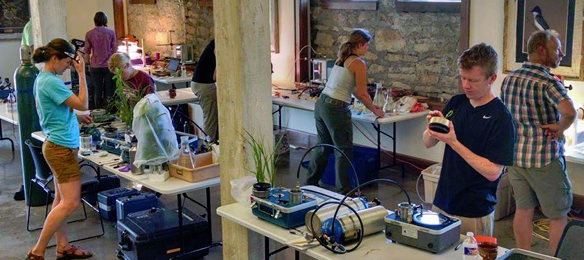
Hydraulics stations at Phys-Fest 1 (Konza Prairie, 2016)
